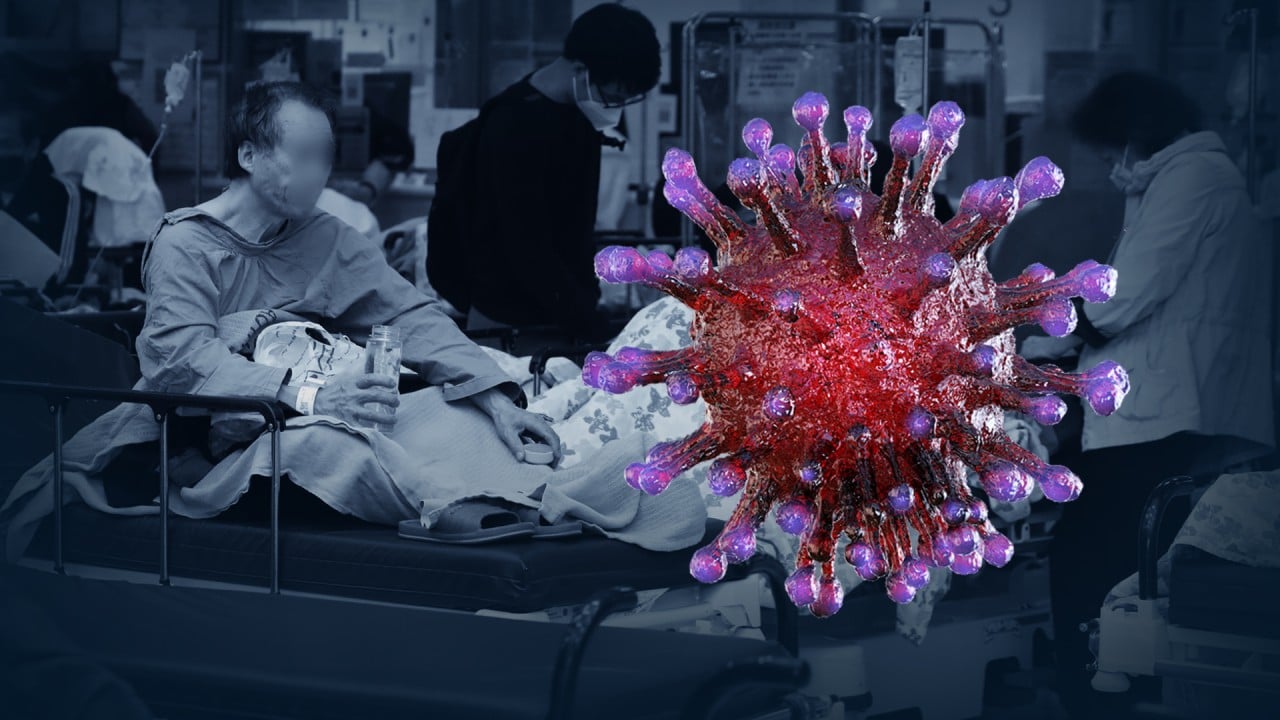
China approves Covid-19 rapid antigen tests for public use
- Kits to be deployed for early detection but nucleic acid results still needed for confirmation
- For the fist time, anybody will be able to buy the tests
The National Health Commission said on Friday evening that the tests could be used by anybody for early detection, but particularly those in central isolation or at local medical clinics.
Anybody would be able to buy them.
Premier vows China’s Covid-19 strategy will save lives and supply chain
Unlike many other countries where they are considered basic tools, the rapid self-testing kits have not been commercially available to the public in China.
The announcement came as Chinese Premier Li Keqiang pledged to fine-tune the country’s “zero-Covid” response to avoid disruptions to the economy and life.
The rapid tests are another way to detect cases early, in addition to lockdowns and sealing off areas for coronavirus screening, the cornerstones of China’s Covid response.
China approved three antigen test kits - ones by Guangzhou Wondfo Biotech, Beijing Jinwofu Bioengineering Technology and BGI Group – in 2020 but did not approve another by Beijing Savant Biotechnology until Wednesday.
The commission said nucleic acid testing was still the basis for confirming a Sars-CoV-2 infection and antigen testing could only be used as a complementary tool, for example at local clinics or hospitals that could not do nucleic tests.
The positive antigen tests must be reported immediately to “the relevant authorities” and confirmed with nucleic tests when necessary.
Those who test positive will be reported to disease control agencies to be transferred to a hospital with a fever clinic for further confirmation.
Worst-ever Shanghai outbreak tests China’s zero-Covid policy
Those who test negative but have symptoms will need to have daily antigen tests for five days.
In a guideline on Wednesday, the World Health Organization said Covid-19 self-testing could be considered for both diagnostic and screening purposes.
“Depending on the epidemiological situation, a positive self-test result in symptomatic individuals or those with recent exposure could be used for diagnosis, and to facilitate linkage to clinical care and therapeutics,” the guideline said.


